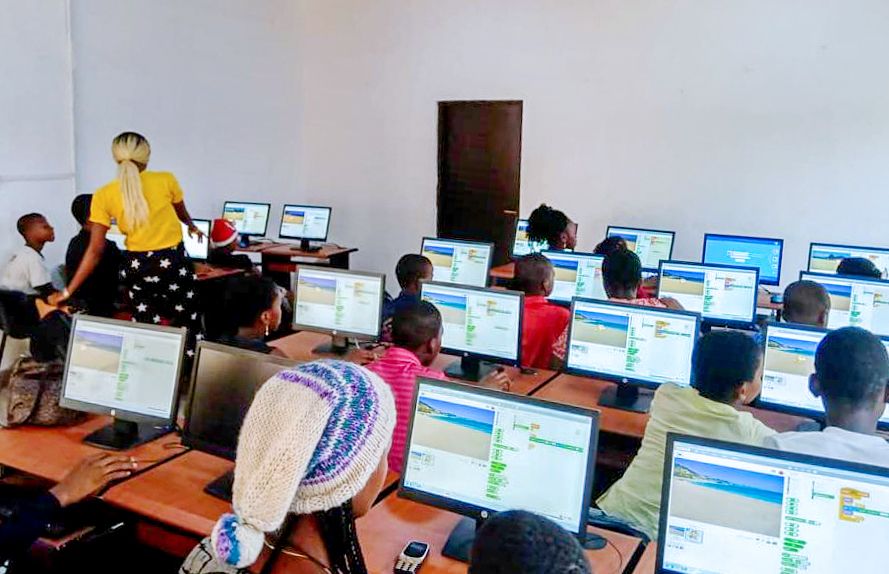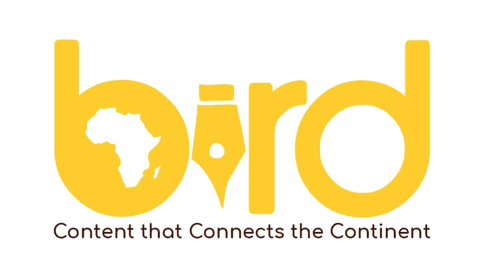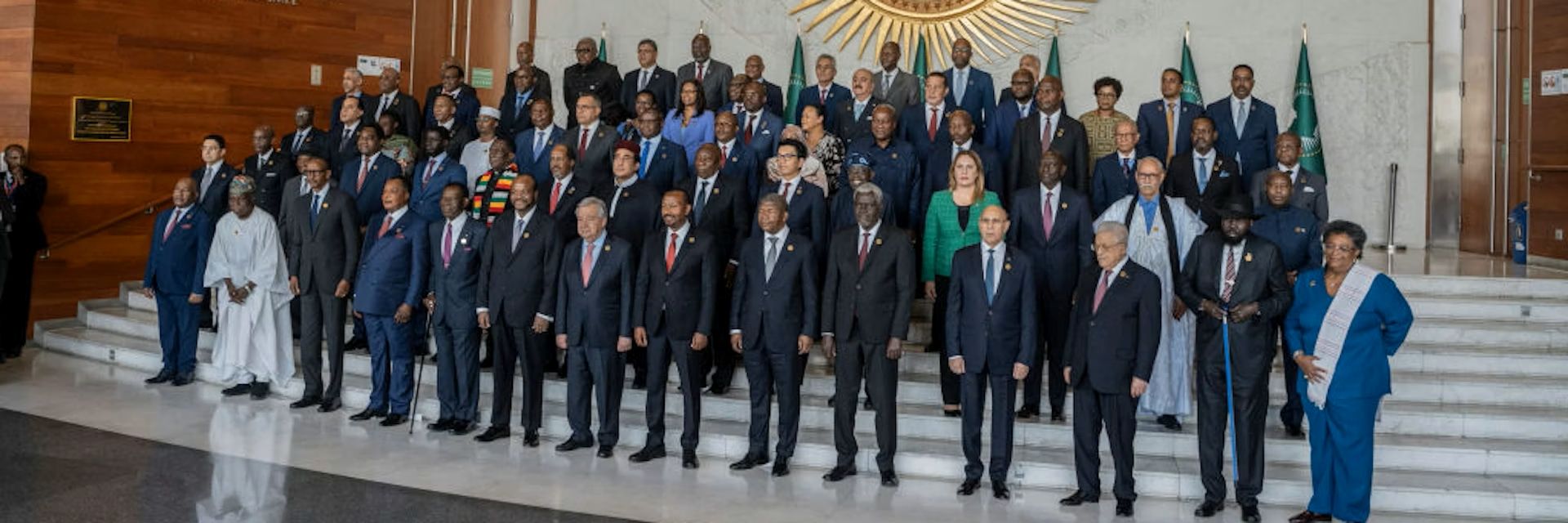A new report reveals abundant skilled labour in developing countries, including those in Africa, can be used to fill a labour void in developed economies. By alleviating existing barriers, countries can tap into this opportunity to solve the continent's employment crisis.

Bonface Orucho, bird story agency
Africa has a surplus of skilled and educated labour that can be used to fill labour shortages in upper-middle-income countries, especially those in Europe, according to a new report.
The report ‘Realizing the Potential of Global Digital Jobs’ by the World Economic Forum, released on April 29, highlights an underlying opportunity that could be used to alleviate the unemployment crisis in Africa.
“Over the last ten years, low-income and lower-middle-income countries have seen increases in available labour of 8.5%. Over the same period, the proportion of people available for or seeking work in high-income and upper-middle-income economies has decreased by 4.0% and 3.6%, respectively,” the report shows.
A survey featured in the report confirms the availability of skilled workers in growing economies, including those in Africa. The survey assessed the views of more than 10,000 executives.
Results from the survey found that in Africa, Botswana has the highest skill surplus of 5.1 out of 7 points. Others include Cote d’Ivoire (4.7), Zimbabwe (4.6), Senegal (4.8), Ghana (5) and Rwanda (4.8).
Mauritius is the only African country with a technology skills shortage, with a score of 4.2 in a list dominated by European and Asian countries such as Germany, Belgium, Thailand, and Hungary.
Tobi Asehinde, founder of the Digital Marketing Skill Institute (DMSI), a Nigerian company that trains youth on digital skills before matching them with employers, said he believes online learning platforms have played a key role in skilling youth in Africa.
“Placing emphasis on what we do as an online learning institution, online learning has provided accessible education opportunities and addressed some of the challenges faced by traditional education methods,” he explained.
From massive open online courses to coding boot camps, Asehinde explained that platforms such as Google Digital Skills for Africa, Microsoft 4Afrika, and Facebook Blueprint have recognised the opportunity to skill and employ African youth.
“These platforms offer free online resources and training programs covering diverse topics like digital marketing, data analytics, and entrepreneurship. By providing accessible education, they contribute to the development of digital talents and empower individuals to succeed in the digital era,” Asehinde added.
Skilling is also being driven by the formal education system in Africa, contributing to an increase in the number of skilled youth.
The WEF found that over the past decade, half of the world’s people with advanced degrees live in low-lower-middle and upper-middle-income countries. This proportion had risen to 60% as of 2022.
“This signals that the balance of the world’s highly educated people and those with skills relevant to global digital jobs has already moved away from high-income countries,” the authors of the WEF report explained.
Notably, the number of job vacancies in developed economies is on the rise, with data from the Organisation for Economic Co-operation and Development (OECD) showing it has risen by 188% in the last 10 years.
This is unlike the situation in developing economies, including in Africa, where more than 13 million young people are unemployed, with an additional 30 million expected to enter the job market by 2030, according to the Mo Ibrahim Foundation.
The quality of work in the developed markets ranges from jobs in accounting, legal and finance, IT services, jobs in the health sector, marketing, advertising and communications.
The World Economic Forum’s Global Skills Taxonomy and O*NET’s description of skills list jobs requiring creativity and problem-solving skills, management skills, self-efficacy, technology skills and working with others to be most demanded in the global digital job market.
Despite the abundance of opportunities, barriers exist, including technological infrastructure gaps and cross-border gaps in policies and perceptions, especially where technical skills are needed.
The report suggests that “public-private partnerships can help mobilize resources and expertise and share the financial burden” required to counter the barriers.
According to Asehinde, public-private partnership models will facilitate the expansion of broadband infrastructure, spread mobile connectivity and lower internet costs, enabling more individuals to connect and engage in online educational opportunities.
The WEF report projects the number of global digital jobs will rise from 73 million today to 92 million in 2030.
bird story agency





